Navigating a Self-Driving Car Accident Claim

When an accident involves a self-driving car, the situation may feel overwhelming and complex. You may wonder how to proceed, especially considering the unique challenges posed by autonomous vehicle technology. This is where understanding the basics of handling such a claim becomes crucial. It’s important to recognize from the outset that these accidents differ from […]
Why You Should Always Call the Police After a Car Accident
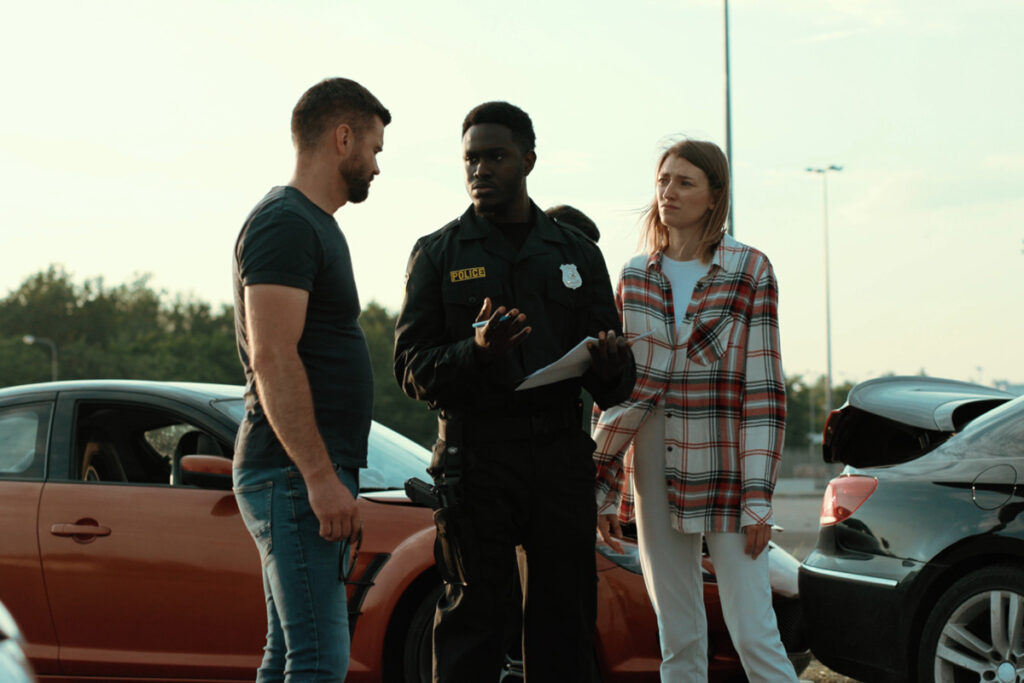
In the moments following a car accident, you may feel unsure of the next steps to take. It’s crucial, however, to understand the importance of involving law enforcement right from the outset. Calling the police after a car accident isn’t just a procedural formality; it’s a critical action that may significantly impact the outcome of […]
Signs the Other Driver Was Texting
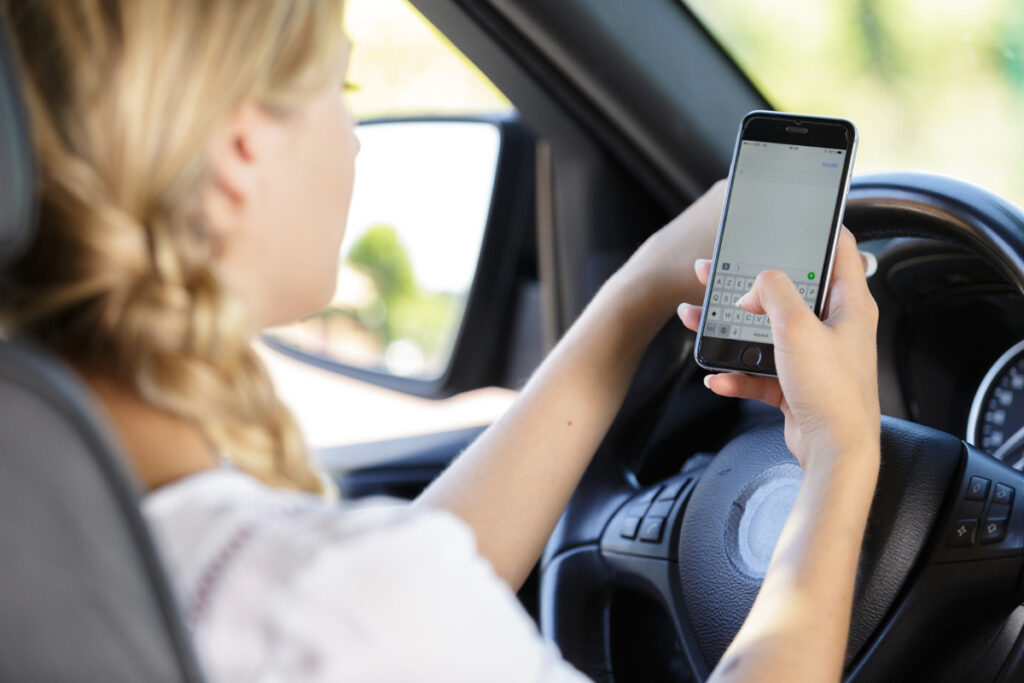
Driving is a responsibility that demands full attention. However, the rising incidence of accidents due to texting while driving is a troubling trend. Texting while driving is not just irresponsible; it’s illegal in many places, including Texas. Understanding the signs can be crucial, especially if you’re involved in an accident where the other party was […]
Helpful Facts About Wrongful Death Claims

When faced with the tragic loss of a loved one due to someone else’s negligence, understanding wrongful death claims becomes crucial. It is a way to seek justice and financial support for the bereaved family. If you’re navigating this challenging path, know that you’re not alone. Our team at Dale Rose is dedicated to guiding […]
Steps to Take After an 18-Wheeler Accident

Accidents involving 18-wheelers are not only frightening but can also lead to significant legal and medical challenges. If you find yourself in this situation, understanding the right steps to take is crucial for your safety and legal rights. Our team at Dale R. Rose is dedicated to helping you navigate through these challenging times. With […]
Everything You Need to Know About Underride Crashes
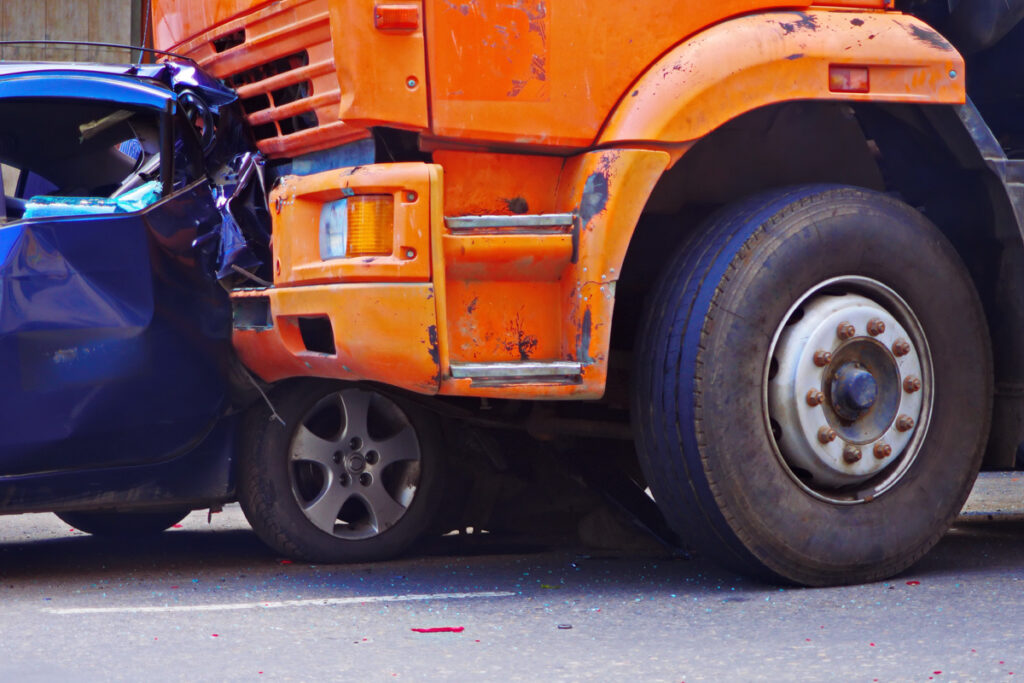
Understanding the gravity and potential aftermath of an underride crash is crucial for anyone on the road. These types of accidents, often involving a smaller vehicle sliding underneath a larger truck or trailer, often have devastating consequences. As a knowledgeable source in the field of personal injury law, especially in the context of Texas, it’s […]
Why Motorcycle Helmet Use is Highly Recommended
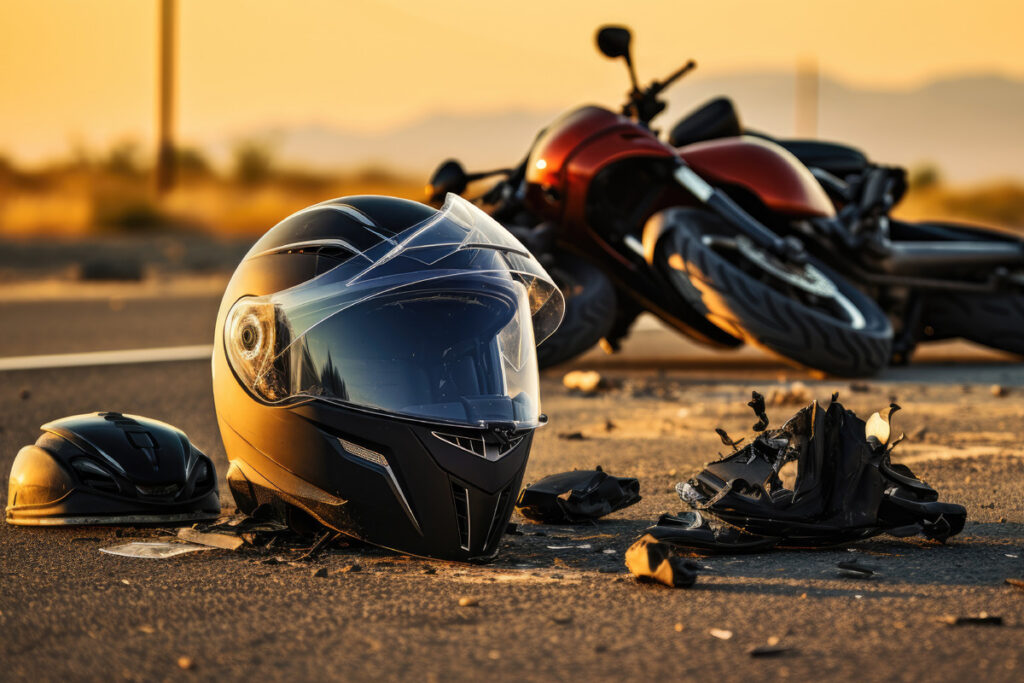
When it comes to protecting oneself from traumatic brain injuries (TBI) in motorcycle wrecks, helmets are often the first line of defense. However, the question arises: can wearing a helmet truly prevent a TBI during accidents? Understanding the answer requires a deeper look into the nature of TBIs and the protective capabilities of helmets. If […]
How to Access Your Accident Report After Your Collision
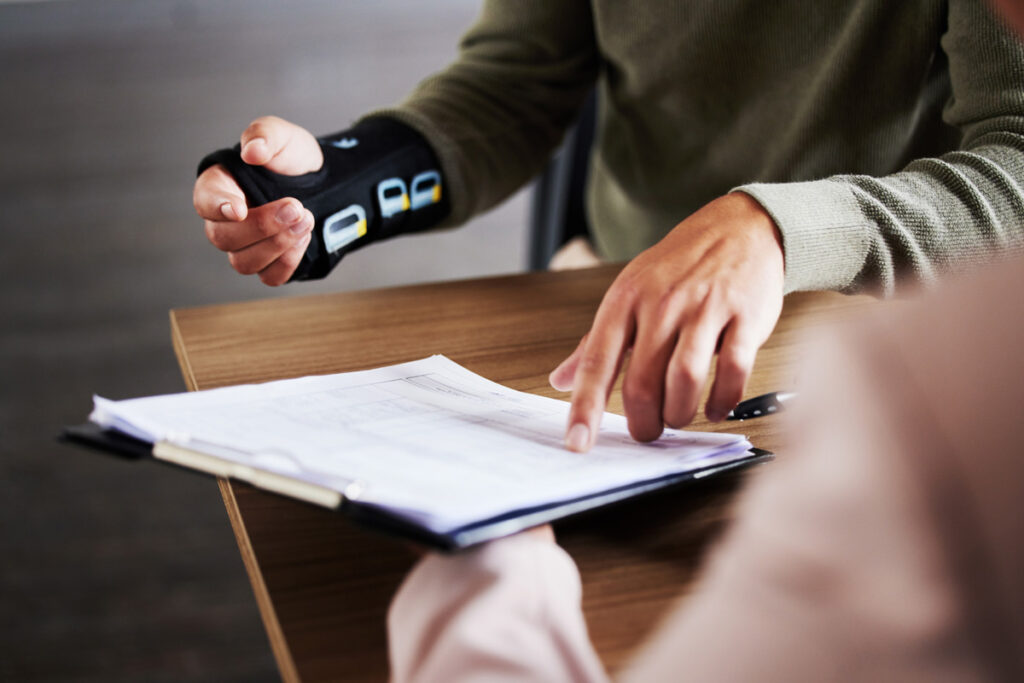
Understanding how to retrieve your accident report following a collision is a crucial step in handling the aftermath. If you’ve recently been involved in a car accident, knowing where and how to obtain this report is essential. This document is not just a record of what happened; it’s a key piece of evidence that can […]
Understanding Fault in a Blind Spot Motorcycle Accident

Being involved in a blind spot accident may be traumatic and confusing for all parties involved. It is important to know who is at fault and what you should do if you are injured in a motorcycle accident. In this article, we will discuss the common causes of blind spot accidents, how to determine liability […]
What Are the Differences Between Car and Motorcycle Accident Claims

Navigating the complex world of accident claims is particularly challenging, especially when attempting to understand the nuanced differences between car and motorcycle accident claims. Whether you are a motorist or motorcyclist, it’s important to gain clarity on your rights and responsibilities in such situations and how the law may view car and motorcycle accident claims […]
